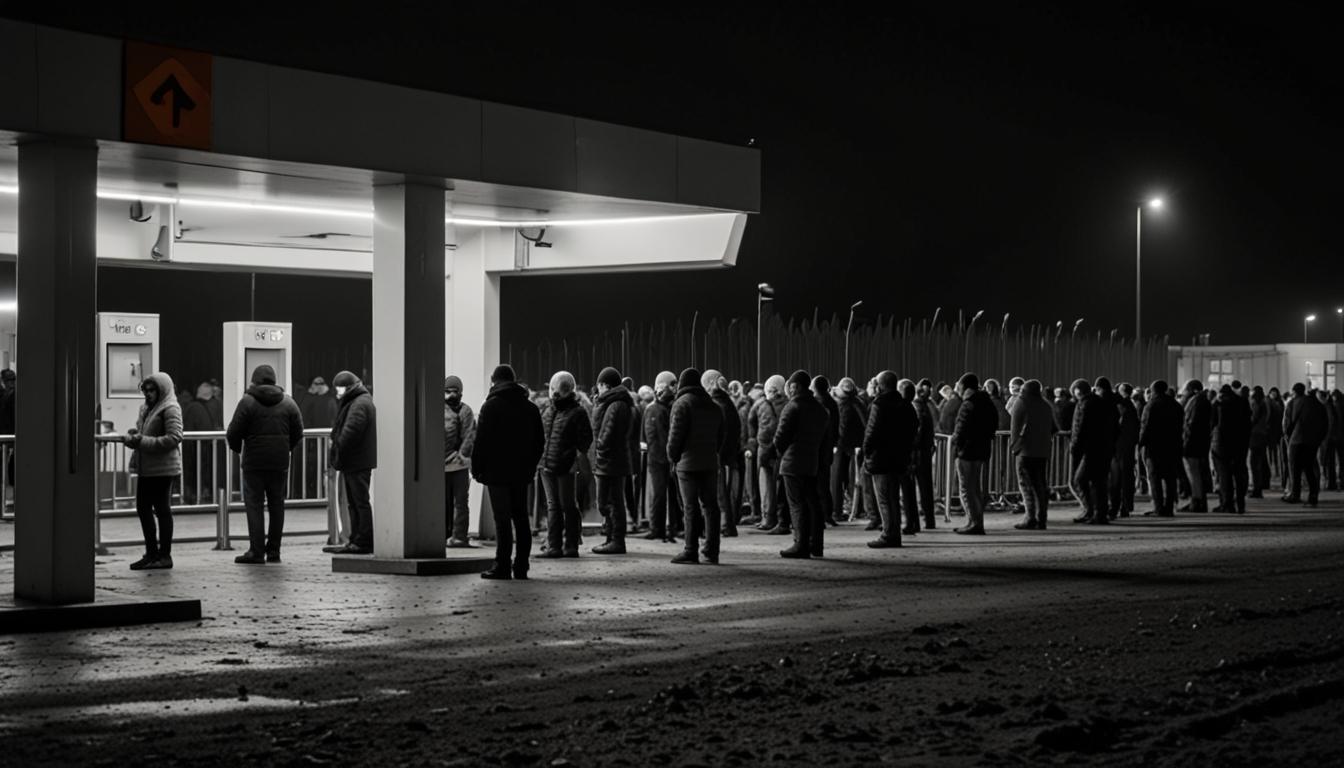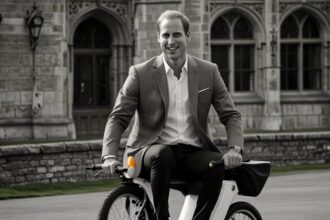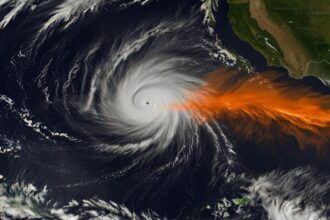Czech populist Andrej Babiš’s decision to withdraw MEPs from Renew weakens liberal representation in the EU, while Poland considers closing more border crossings with Belarus amidst tensions over perceived hybrid activities by Lukashenko’s regime.
Plummet of Renew and Border Tensions Between Poland and Belarus
On Friday, Czech populist Andrej Babiš made a surprise decision to withdraw his seven Members of the European Parliament (MEPs) from the Renew group, marking a significant setback for the liberals in the European Union (EU). Renew’s representation has dropped from 102 to 74 seats, losing its position as the third-largest group in the Parliament to the hard-right European Conservatives and Reformists (ECR), which includes Giorgia Meloni’s Brothers of Italy.
Adding to the liberal’s challenges, Dutch Prime Minister Mark Rutte, a prominent figure, is attending his final European Council meeting this week before stepping into his new role as NATO’s secretary-general.
Despite prior statements of willingness to collaborate with Meloni, European Commission President Ursula von der Leyen’s European People’s Party (EPP) has so far only engaged in talks with the Socialists and Democrats (S&D) and Renew. Key EU appointments for liberals and socialists—or Estonian Prime Minister Kaja Kallas and former Portuguese Prime Minister António Costa, respectively—will be influenced by the outcomes of the leaders’ summit on Thursday and Friday. Von der Leyen will require 361 votes in the European Parliament, scheduled for a secret ballot as soon as July 18, where she faces potential challenges if not all EPP, S&D, or Renew members support her.
Simultaneously, Poland is considering closing its remaining border crossings with Belarus in response to what it perceives as hybrid activities by Alexander Lukashenko’s regime. Foreign Minister Radoslaw Sikorski emphasized the potential economic and local community impacts of such a move. Since mid-2021, Poland has faced an influx of Middle Eastern migrants at its border, which Warsaw claims are orchestrated by Minsk. Currently, only two of the six border crossings with Belarus are operational, facilitating truck and passenger transport.
Belarusians, particularly those who fled post-2020 protests, rely heavily on the Terespol crossing to maintain family connections. Pavel Latushka, a leader of the Belarusian opposition, has suggested halting freight traffic as a punitive measure against Lukashenko instead of closing passenger routes.
In another development, Sikorski, long speculated as a candidate for the potential role of EU defence commissioner, dismissed the idea, stating no such post currently exists. Polish media also suggest Warsaw’s interest in the EU’s enlargement portfolio, with Sikorski also being a potential candidate for the position of EU high representative for foreign affairs and security policy.













